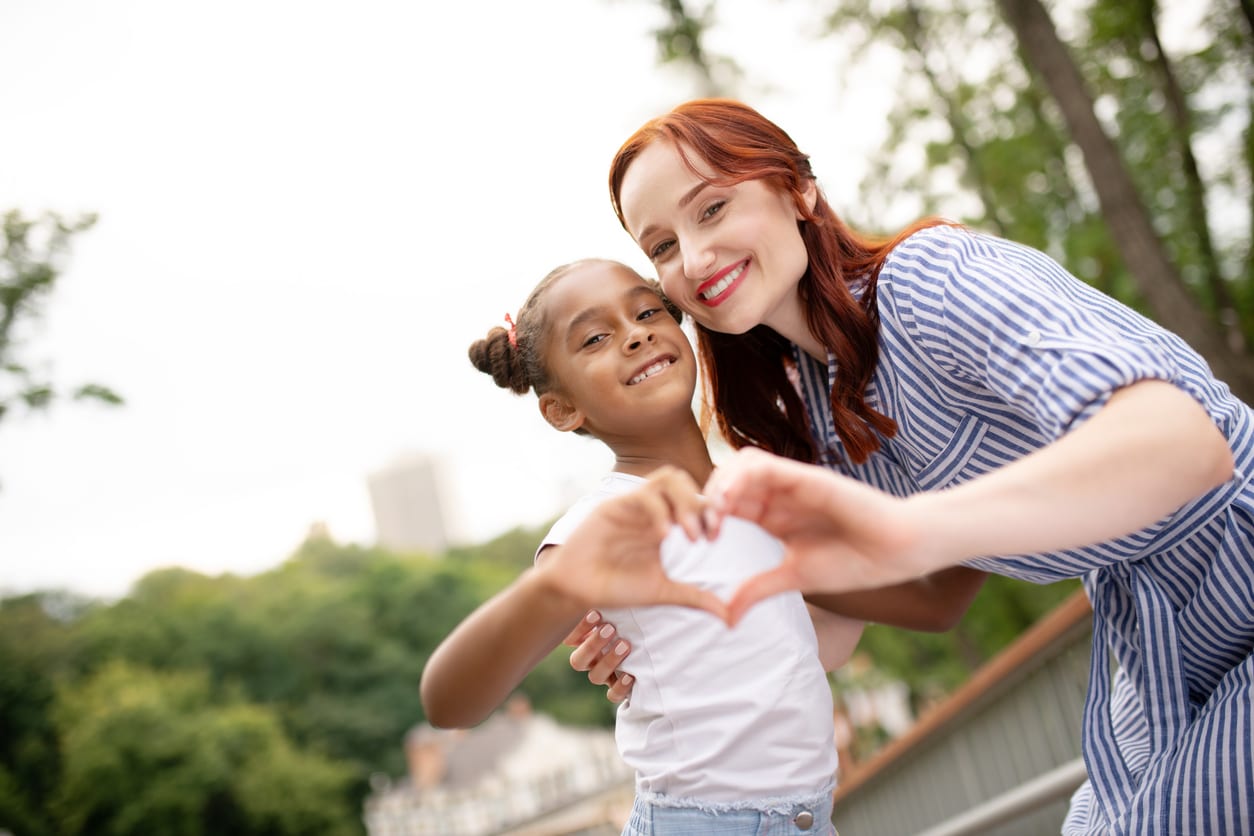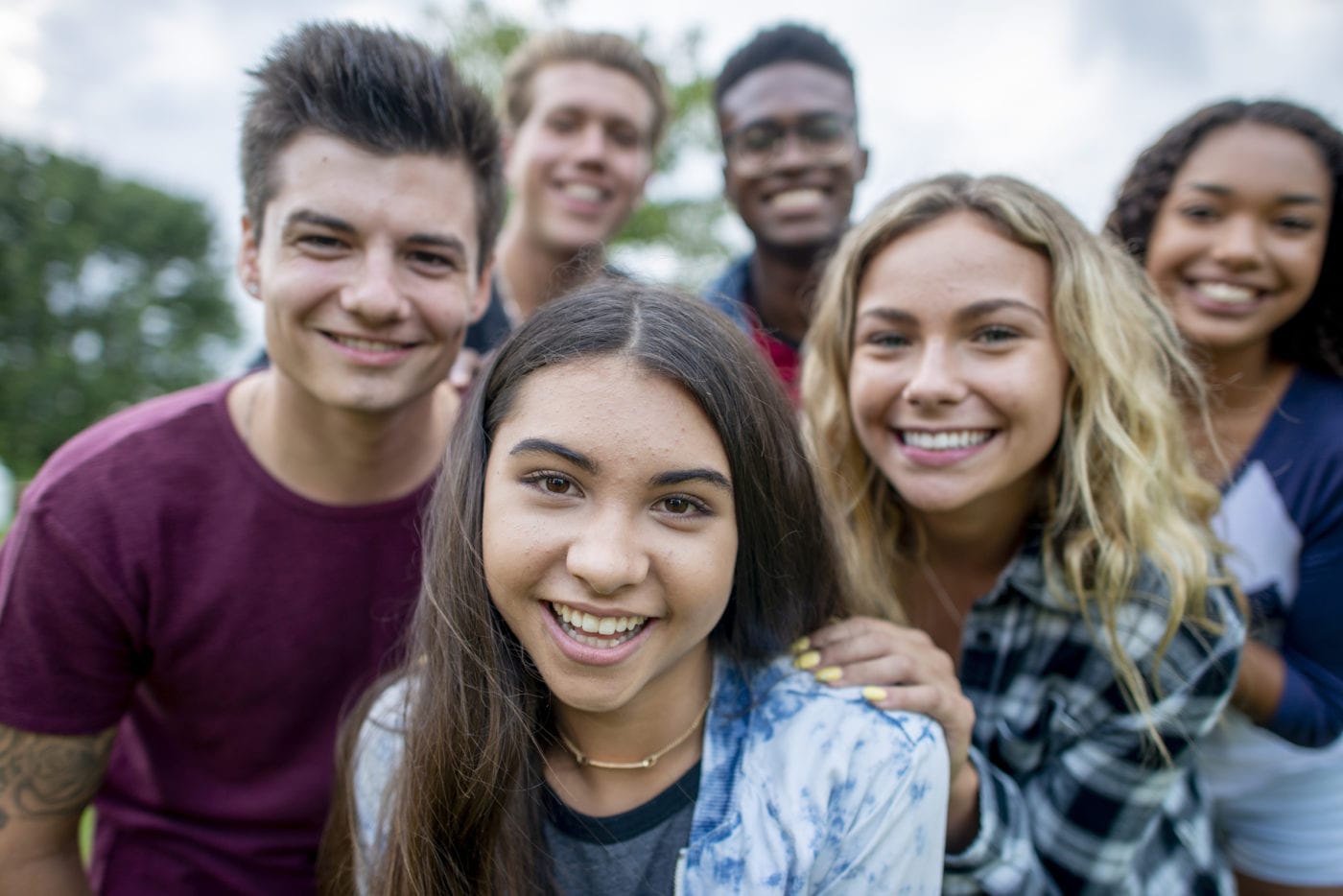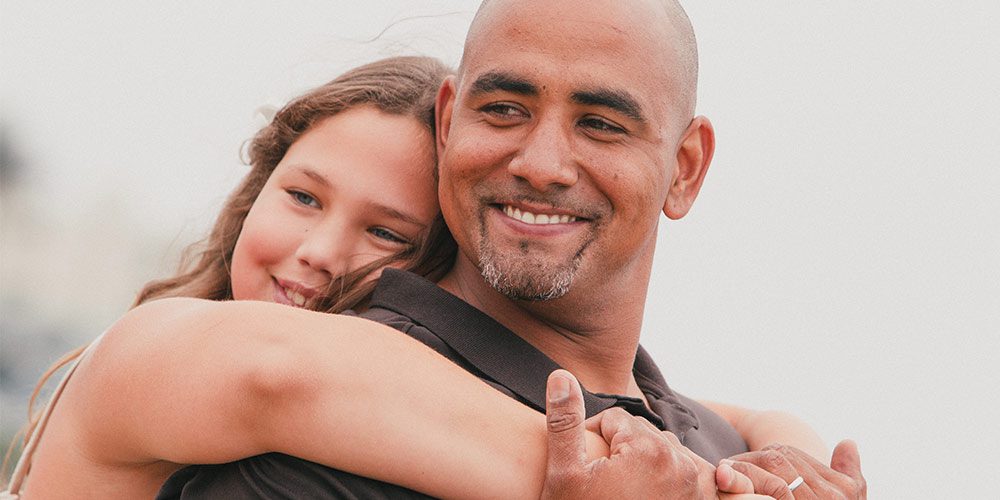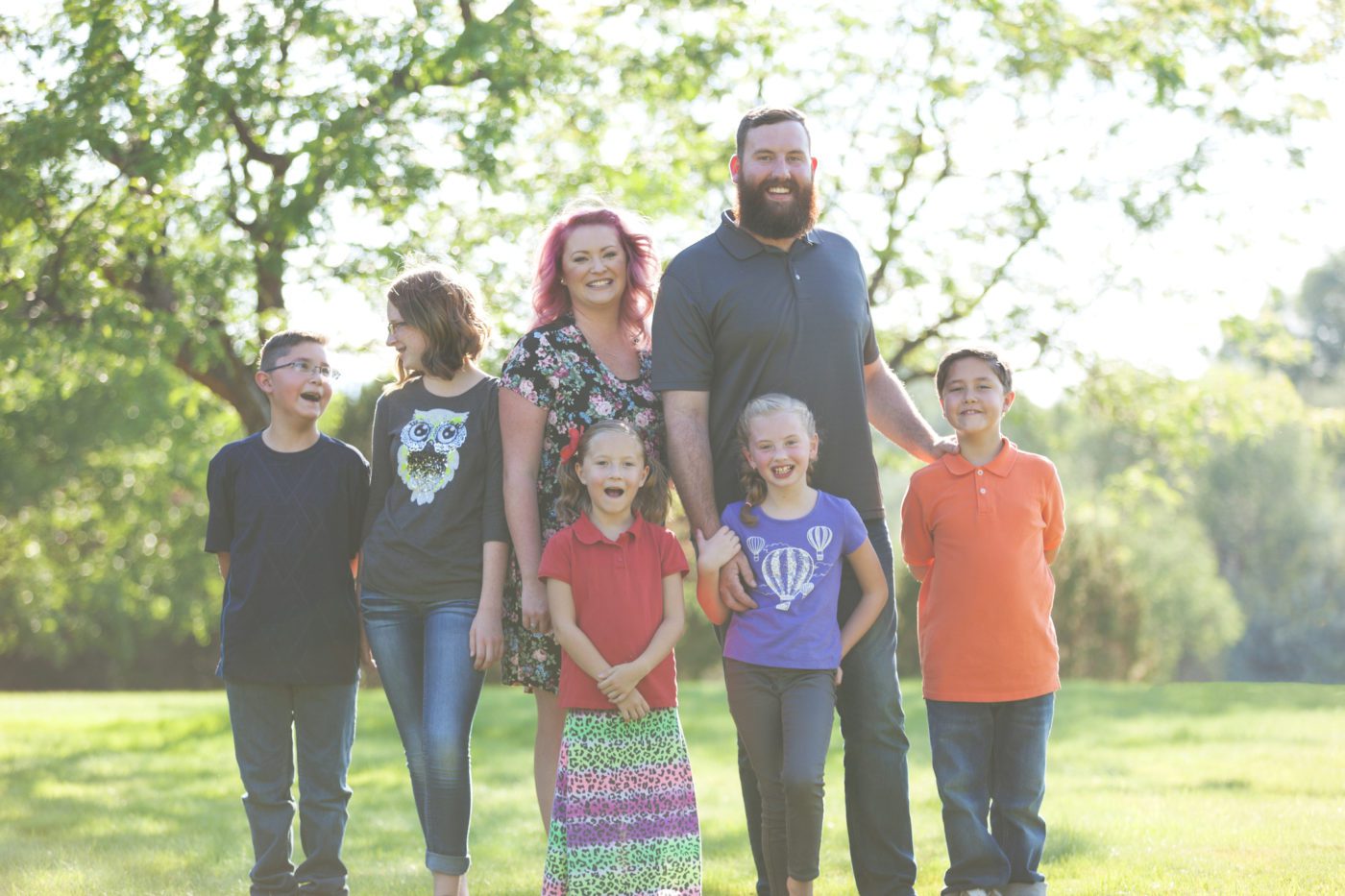Being a foster parent has many happy and sad moments. One of them is when you have to say goodbye. In fact, that might even keep some families from considering fostering in the first place. There’s a feeling of happiness as you are excited that a child will be reunified with his or her biological family, but there’s also a feeling of sadness as you grieve the loss of the child you’ve cared for. And this is one of the foster care attachment issues worth discussing.
Being the one to kiss boo-boos, help with homework, and comfort him or her after a nightmare will cause you to attach to a child. Loving kids sacrificially so they can live in a safe and stable environment is a beautiful gift, and it comes with the hardship of goodbyes. If you fear getting attached and the pain that comes with saying goodbye to a foster child, remembering these 7 things can help.
Love without sacrifice is just a transaction.
Part of loving anyone means giving part of yourself. When you deeply, truly love someone, it means sacrifice. If you don’t have sacrifice, it’s likely that you were just checking a box and not investing fully into the relationship. Also remember that your love and sacrifice isn’t just for the child’s benefit. It feels good in your heart to be the one to give love to a child. The grief is evidence of your love.
The loss you feel isn’t because you’ve failed. It’s actually because you’ve succeeded!
Most children have the goal of reunifying with their biological families. In many cases, you are given the job to parent your foster children for a temporary time until everyone is ready to get back on track. When you feel the grief, remember it means you’ve done your job well by loving the child.
The attachment is what builds the resiliency.
When you attach with foster children, you are helping them build the resiliency skills that will help them in all the ups and downs of life ahead. Remember that you are resilient too; you’ve attached before and you can do it again—even after feeling this grief.
The work you’re doing can make a big impact on their future relationships.
Attaching with your foster children teaches and models what healthy attachment is so they can replicate it with their families and in their future relationships. You never know the ways your love and attachment will impact the kids you’ve fostered. Creating emotional stability, helping implement healthy coping skills, and giving a glimpse of a safe and loving family can be life-changing.
Fear of loss and being hurt doesn’t stop us from engaging in other relationships.
There is always a risk when we love and attach with people. Does the fear of loss and getting hurt stop you from making friends? Or does it keep you from dating or marriage or from having biological kids? Fearing loss shouldn’t prevent people from fostering, just like it doesn’t stop most people from having all types of relationships.
Most parenting has some sort of loss.
Part of being a parent is preparing yourself for all the transitions ahead. Your job is to work yourself out of a job—you want your kids to grow up to be independent and autonomous adults. Each stage can bring grief. Fostering is not the only type of parenting that triggers loss. It’s an inevitable part of caring for kids.
You are not alone.
Being a foster parent brings its own roller coaster journey. When the grief is hard, reach out to friends, family, and other foster parents who can help comfort you, spend some time supporting and listening to you, and even take something off your plate to help you in these transitions.
Sound off: What are things you can do to cope with the losses and foster care attachment issues you experience?
Did you know that over 1,000 children and teens enter the foster care system each month in the state of Florida? They are in need of safe, loving, and committed foster families who can care of them while they are removed from their homes. Would you consider opening your heart and home to care? Learn more about becoming a foster parent by visiting MyFloridaMyFamily or by calling 1-83-FosterFL or 1-833-678-3735.











Huddle up with your kids and ask, “What do you normally do when you are feeling sad?”